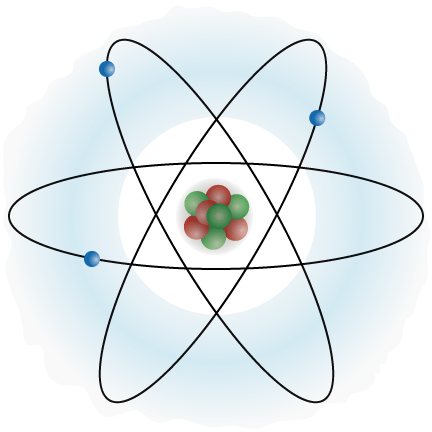Researchers Build a Quantum System Without Cooling
Building a quantum computer is one of the big quests in physics today. It's a path littered with obstacles, but tiny milestones are achieved almost every day by researchers around the globe.
One major challenge may have been solved by Harvard scientists. The university reports that quantum bits (qubits) were created, sustained and their information stored at room temperature.
Typical quantum systems cannot be operated at room temperature. According to the Harvard researchers, such systems rely on a design that is capable of trapping an atom or electron in a vacuum and then cool the entire system to close to absolute zero. However, a paper published in the June 8 issue of Science claim that the scientists were able to leverage a pair of impurities in ultra-pure, laboratory-grown diamonds to create a quantum computer and store information in them for almost 2 seconds. That may not sound much, but represents an increase of nearly six orders of magnitude over the life span of earlier systems, Harvard stated.
"What we’ve been able to achieve in terms of control is quite unprecedented," physics professors Mikhail Lukin said. “We have a qubit, at room temperature, that we can measure with very high efficiency and fidelity. We can encode data in it, and we can store it for a relatively long time. We believe this work is limited only by technical issues, so it looks feasible to increase the life span into the range of hours. At that point, a host of real-world applications become possible."
For the first time, a research result promises that a quantum system could store data for expanded periods of time in real world conditions. What is missing, of course, is scale, which is what the scientists said they are working on now.
Get Tom's Hardware's best news and in-depth reviews, straight to your inbox.

Douglas Perry was a freelance writer for Tom's Hardware covering semiconductors, storage technology, quantum computing, and processor power delivery. He has authored several books and is currently an editor for The Oregonian/OregonLive.
-
blazorthon 2 seconds for storage? Hah, that's far better than some modern DRAM tech, so it's much more viable than it might seem at first glance if this technique can be practical to implement. If they really can stretch it into hours, then it's even better and theoretically more power efficient because it shouldn't need a refresh as often.Reply
boogien8Can it run Crysis??
no. -
RazorBurn In the 1940's with the first practical Computer ENIAC, It could add or subtract 5000 times a second, a thousand times faster than any other machine. Today a modern Smartphone can do a million times that. And were almost hitting the brick wall with Silicon Chips..Reply
Science never seize to amaze me.. -
DawnTreader RazorBurnScience never seize to amaze me..Reply
Bad engrish nevr seizes to emaze myself.
-
A couple of qubits stored for the astonishing time of 2". Now it's a piece of cake, just add 8 orders of magnitude to storage time and 9 to storage capacity and we'll start talking seriously about computers.Reply
-
The_Trutherizer Well the cooling and vacuum systems were the bulkiest parts of the existing setup. If this pans out then it'd be great. And to actually get an increase of storage time at room temperature is amazing!Reply -
ik242 RazorBurnIn the 1940's with the first practical Computer ENIAC, It could add or subtract 5000 times a second, a thousand times faster than any other machine. Today a modern Smartphone can do a million times that. And were almost hitting the brick wall with Silicon Chips.. Science never seize to amaze me..Reply
5000 x 1000000 = 5000000000
if addition is single instruction that would mean that cell phones use CPU capable of running at 5GHz. close but not quite there yet, even desktops are clocked under 5GHz
;) -
Unolocogringo You forgot part of the equation.Reply
Modern processore are able to issue and complete 3 or 4 instructions in one clock cycle. This is for a single core processor. 2,4,6,8 ,12 core processors bring tthis number down even farther.
